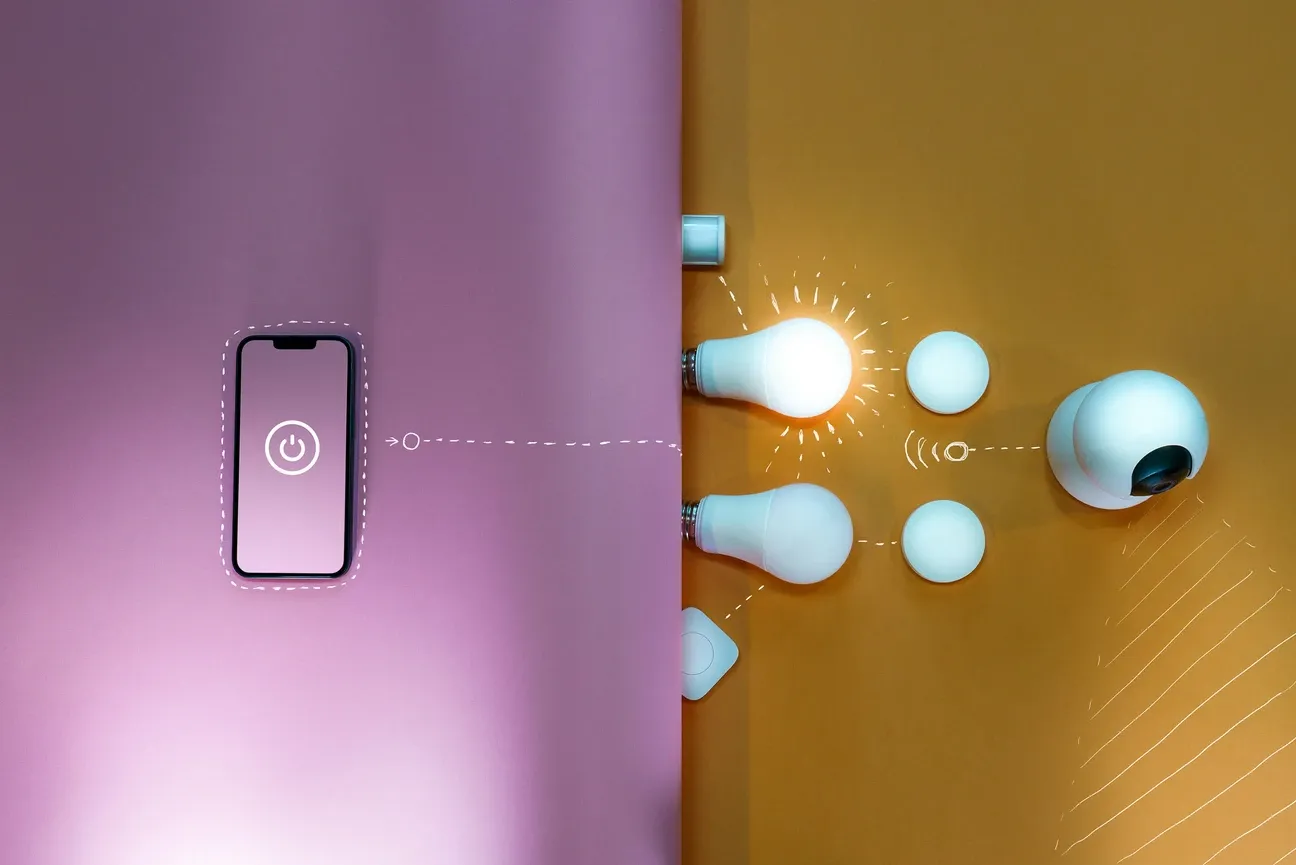In the modern world, remote control technology is revolutionizing our homes and lives. It's no longer just about turning on the TV from across the room. Today, remote control extends far beyond that simple function, becoming an integral part of smart homes. This technology brings a level of convenience, power, and efficiency that enhances our daily lives. With the integration of IoT Devices and Home Automation, you can control different aspects of your household from nearly anywhere in the world.
The Evolution of Remote Control in Homes
Remote controls have come a long way since their inception. Initially, they were designed for basic tasks like changing TV channels. However, with the rise of smart home technology, remote controls have evolved significantly. Today, they are an essential part of smart solutions in modern households.
Transforming Home Automation
The primary role of a remote control in a smart home is to transform how we interact with our environment. These devices are now linked with Voice Assistants like Alexa and Google Assistant, allowing for hands-free control. This integration enables you to manage various elements within your home, such as lighting, thermostats, and security systems, through simple voice commands or a smart device.
Benefits of Remote Control in Smart Homes
Enhanced Convenience
Remote control in a smart home setting offers unprecedented convenience. Imagine adjusting your home's heating while leaving work, or checking on your home security while on vacation. These functionalities ensure that your home is just as you want it, whenever you want it.
- Increased control: Manage home appliances and systems with minimal effort.
- Time-saving: Automate daily tasks, freeing up time for other activities.
- Comfort: Customize your living environment to suit your needs instantly.
Energy Efficiency
Interestingly, remote controls can also lead to greater energy efficiency. By automating lighting and heating based on occupancy and time of day, smart homes reduce unnecessary energy usage, which translates into savings on utility bills.
Security Enhancements
Security is a pivotal concern for any homeowner. With a smart remote control, you can monitor and manage home security systems remotely, receiving alerts on any irregular activities. Whether you're at home or away, you'll have peace of mind knowing your home is secure.
How Remote Control Works in Smart Homes
Integration with Smart Devices
The synergy between remote controls and smart devices is a testament to the advancement of IoT Devices. Smart hubs serve as the central unit that connects various devices, such as smart plugs, light bulbs, and thermostats, allowing for seamless communication and control.
Compatibility
When considering the implementation of remote control systems in your smart home, compatibility is crucial. Many brands offer universal remotes that are compatible with a range of devices from different manufacturers. This flexibility ensures that you can control multiple devices from a single interface, simplifying user interaction.
Future of Remote Control in Smart Homes
As technology continues to evolve, so will the capabilities of remote control. The next generation of devices is expected to feature enhanced machine learning capabilities, enabling even smarter automation and adaptation to user preferences without manual input.
Understanding the Role of Remote Control in Daily Life
A deeper understanding of how remote control technology works reveals its transformative impact on daily routines. By streamlining operations and offering seamless interaction between devices, remote controls make home management effortless. This understanding is crucial for homeowners looking to optimize their smart home systems effectively.
In conclusion, remote control technology is a cornerstone of modern smart homes. It offers a blend of convenience, efficiency, and security that meets the demands of contemporary lifestyles. As we look to the future, this technology will continue to grow, offering even more advanced and user-friendly solutions for home automation. The integration of remote control into daily living not only simplifies tasks but also enhances the overall quality of life, making it an indispensable tool for any smart home enthusiast.
